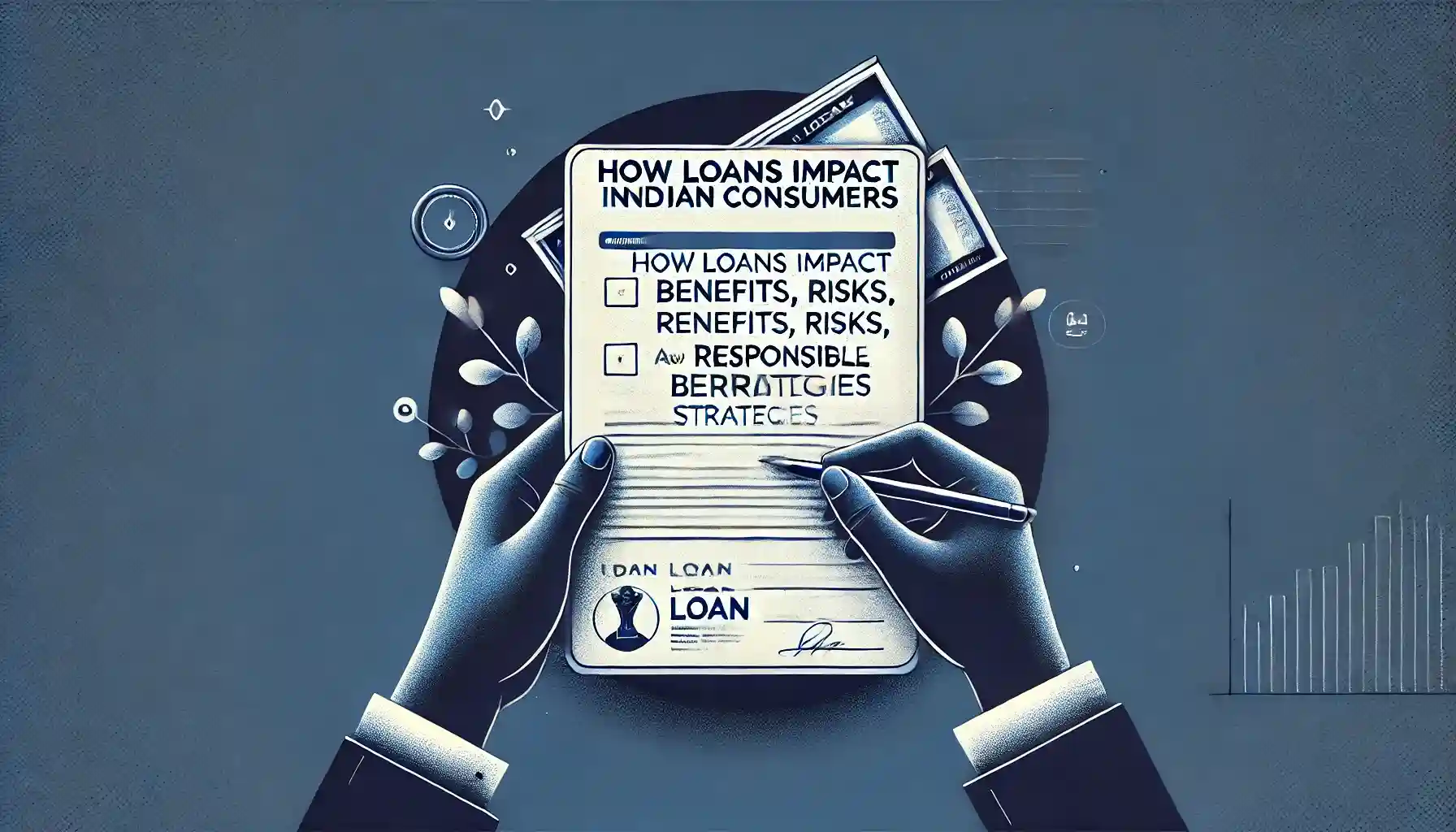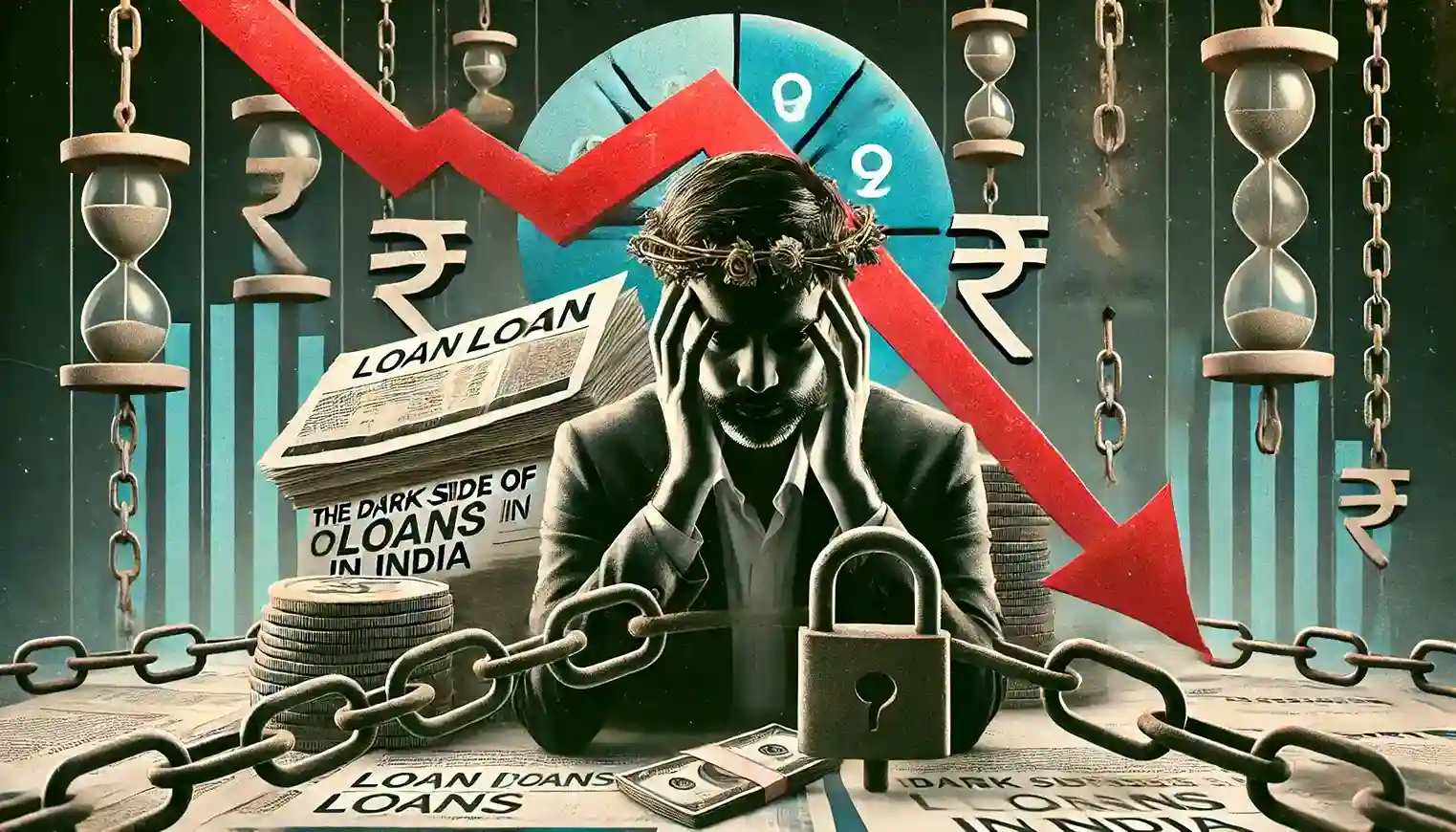
Financial Flexibility: Loans offer immediate access to funds, allowing individuals to address urgent financial needs or pursue investments that may otherwise be unattainable. For instance, during the COVID-19 pandemic, personal loans saw a surge as many individuals required immediate funds to manage healthcare costs and sustain livelihoods.
Asset Acquisition: Home loans and car loans enable individuals to acquire assets that appreciate over time, contributing to long-term financial security. The Indian real estate sector, valued at $180 billion in 2020, owes much of its growth to the availability of affordable home loans, which make home ownership accessible to a larger population.
Education and Skill Development: Education loans empower students to pursue higher education and skill development courses, enhancing career prospects and earning potential. In 2022, education loans in India totaled over ₹90,000 crores, reflecting the increasing demand for higher education financing.
Business Growth: Business loans support entrepreneurship and economic growth by providing capital for startups and expanding existing enterprises. According to the Indian Ministry of Finance, MSMEs (Micro, Small, and Medium Enterprises) contribute around 30% of India's GDP, with many relying on business loans to fuel their growth.
Tax Benefits: Certain types of loans, such as home loans and education loans, offer tax benefits under Indian tax laws, providing additional financial relief to borrowers.

Debt Accumulation: Excessive borrowing can lead to debt accumulation, making it challenging to meet repayment obligations and affecting financial stability. According to the TransUnion CIBIL report, India saw a 30% increase in credit card debt between 2021 and 2022, indicating rising consumer debt levels.
Interest Payments: Loans incur interest charges, increasing the overall cost of borrowing. High interest rates, particularly for unsecured loans like personal loans, can significantly impact repayment affordability. For example, interest rates for personal loans in India can range from 10% to 24%, depending on the borrower's credit profile.
Financial Stress: Mismanagement of loans can cause financial stress and anxiety, especially if borrowers struggle to make timely repayments or face unexpected financial setbacks. A survey by the National Sample Survey Office (NSSO) found that nearly 20% of Indian households experience financial stress due to debt burdens.
Credit Score Impact: Late payments or defaulting on loans can damage credit scores, limiting access to future credit and favorable loan terms. A lower credit score can affect not only loan eligibility but also the interest rates offered by lenders, further complicating financial recovery.
Dependency on Credit: Over-reliance on loans can create a cycle of dependency, where individuals continually borrow to meet financial needs, leading to a perpetual state of indebtedness.

Evaluate Your Financial Needs: Assess your financial situation and borrow only what you need and can afford to repay comfortably. Conduct a thorough analysis of your income, expenses, and financial goals before taking on debt.
Compare Loan Options: Research and compare interest rates, terms, and fees from multiple lenders to find the most cost-effective loan for your needs. Use online comparison tools and consult with financial advisors to understand the long-term implications of different loan options.
Create a Budget: Develop a budget to manage loan repayments alongside other financial obligations. Allocate funds for savings and emergencies. Following the 50/30/20 rule—where 50% of your income goes to needs, 30% to wants, and 20% to savings and debt repayment—can help maintain financial balance.
Read and Understand Loan Terms: Review loan agreements carefully to understand repayment terms, interest rates, penalties for late payments, and other conditions. Seek clarification on any clauses you don't understand and be aware of hidden fees that may increase the cost of borrowing.
Build an Emergency Fund: Maintain an emergency fund to cover unexpected expenses and avoid relying solely on credit in times of financial strain. Experts recommend saving at least 3-6 months' worth of living expenses in an emergency fund.
Monitor Your Credit Score: Regularly check your credit score and report to track your financial health and identify any discrepancies or issues early. Tools like CIBIL score checks and other credit monitoring services can help you stay on top of your credit status.
Seek Professional Advice: If you're unsure about taking a loan or managing existing debt, consult a financial advisor. They can provide personalized guidance based on your financial situation and goals.

Loans can be valuable financial tools when used wisely, helping individuals achieve their aspirations and navigate financial challenges. However, responsible borrowing is crucial to avoid falling into debt traps and experiencing financial stress. By understanding the benefits, risks, and strategies outlined in this guide, Indian consumers can make informed decisions and manage loans effectively to build a secure financial future. According to a study by the National Institute of Public Finance and Policy (NIPFP), effective loan management can increase financial resilience and contribute to economic stability at both the individual and national levels.
Special thanks to financial experts and consumer advocates who contributed insights and recommendations for responsible borrowing practices in India.

WONDERACE IT
Wonderace IT is dedicated to delivering informative and authentic articles across a range of topics, including science, education, finance, and technology. Our mission is to provide true information to our audience, empowering them with knowledge and insights. Whether you're a curious learner, a tech enthusiast, or someone interested in staying updated with the latest developments, Wonderace IT offers valuable content that helps you stay informed and educated. Join us on this journey of discovery and learning.

2024-10-25
add your comment